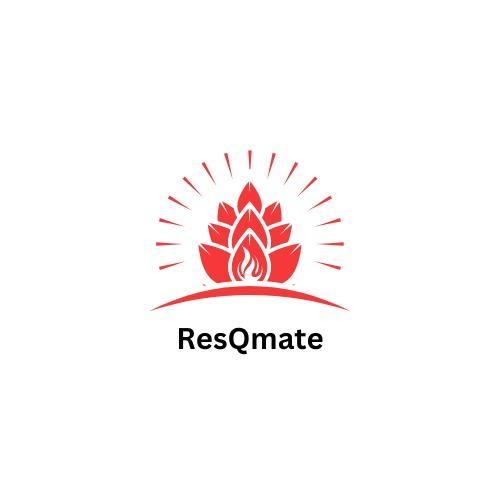ResQmate
Disasters don't wait but with ResQ-Mate, you'll always be one step ahead.
Created on 26th March 2023
•
ResQmate
Disasters don't wait but with ResQ-Mate, you'll always be one step ahead.
The problem ResQmate solves
With the rapid change in climate and increasing global warming, quick response to a disaster saves a lot of lives. According to a report, climate change-induced natural disasters killed almost 3,000 people and 70,000 livestock and destroyed around 4.1 lakh houses just this year alone. They also affected 18 lakh hectares of crop area — about 1% of the total cropped area in India. We studied that results can be a little worse if we plan and manage effectively during a crisis. Hence we came up we an idea to build a Post and pre-disaster management system.
We have a built Disaster Risk Management System for better management and collaboration during a natural or man-made disaster. Our web helps in the prediction of upcoming natural threats using Nasa API along with using Bert encoding with LSTM for the classification of tweets based on their content (Casualties /Losses / Advice / Donations). Along with that, we have integrated NGOs, Police, and local helpers on our platform for faster evacuation and relief work.
We also provide them the recent stats of the current disaster ongoing Injured, Deaths, and Evacuated. As in the disaster finding the hotspots is difficult so, we also help authorities to identify the hotspots and the type of help needed there with the accurate position on Google Maps, so that help can be provided to them as soon as possible.
- Crisis Tweets using Bert
- FAQ bot to answer all disaster-related queries
- Community bulletin to release alerts, info about evacuation, camps, food, with Live location, relief - facilities, Send alert/important announcements, critical info through messages
- Live chat to solve queries for that person who clicks on the help
- Immediate/Urgent one-click help through location sharing
- Transparency with stats (deaths, evacuated, injured)
- Nasa World-wide diaster predictor.
- Donation
Challenges we ran into
We faced numerous difficulties. These are a few of them:
- Due to the use of the GCP platform, which has a complicated set of billing regulations, our billing account was unluckily suspended at the last minute, preventing us from using the premium Google Maps API.
- Using NASA's API, one of our Amazing features is the ability to forecast calamities. Due to a lack of documentation, we had trouble integrating the API; everything was trial and error.
- We had issues reading and comprehending the API documentation as well as with the environment variables. Yet in the end, we succeeded.
- We had a lot of problems integrating messaging with our online application, so we tried to fix it by creating our own messaging backend.
